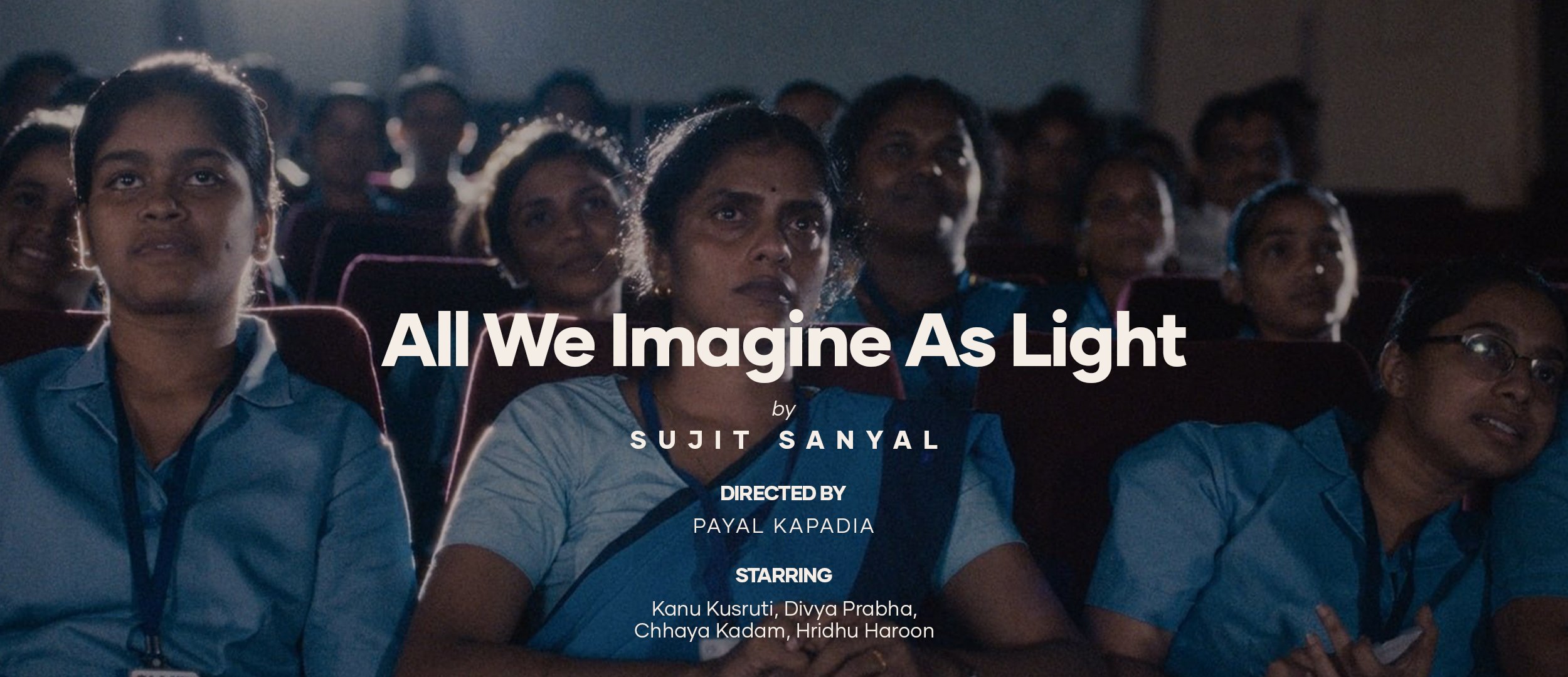

There is a popular viral image of Martin Scorcese standing with his hands in the classic ‘camera’ pose with “This is Cinema” written below. At the end of this film, I wanted to turn into Martin Scorsese from that image.
The hoi polloi may have flocked to Pushpa 2 and the base PVR screen where this film was being screened may have been half full — but like us, many stayed glued to their seats right through the last frame. Rather, the last note. The last time I experienced a similar situation was when we saw Alexander — with my son and me staying on (the only ones) till Vangelis finished his end credit score!
This film is about Mumbai. The Mumbai where many of us have lived and worked. Mumbai, the spirit of which was captured so beautifully by Saeed Mirza and in Aamir and in Ek Ruka Hua Faisla — and now in Payal Kapadia’s All We Imagine As Light.
The script has been crafted with precision, the story telling (and never mind the standard tropes of story or plot), which ran without any of the usual high point dramas, was executed without a moment of boredom — which speaks very highly of the director. The central characters, Prabha, Anu, and Parvaty, as also Shiaz, were all well-defined and the actors put their hearts and souls into their performance. This is the Kerala Story. The life of these legendary nurses from Kerala was so well crafted that you could almost feel them. As you could the life in the chawls of Mumbai — as also their destruction by the builders, only to serve the affluent. Everything was so pristine that you just become a part of the story unfolding in front of you, you are a character yourself in this breathtaking movie. Somewhere you become a part of the story, somewhere you become the light that the characters all seem to bask in.
There are elements of activism. Despair. Hope.
You may call it Parallel Cinema, you may call it a low-budget film, but stay on till the last few frames. See the world through Payal’s eyes and hear the music of life created by Topshe. Absolute bliss!
Special mention also needs to be made for the cinematography by Ranabir Das. The Ganesh Chaturthi shots, the sweeping shot of coastal Ratnagiri, the magic of the last frame of the movie — this was beyond superlative.
Never mind how many awards it wins, it will inspire many filmmakers — especially women — to emulate Kapadia.
Once again — This is Cinema.
